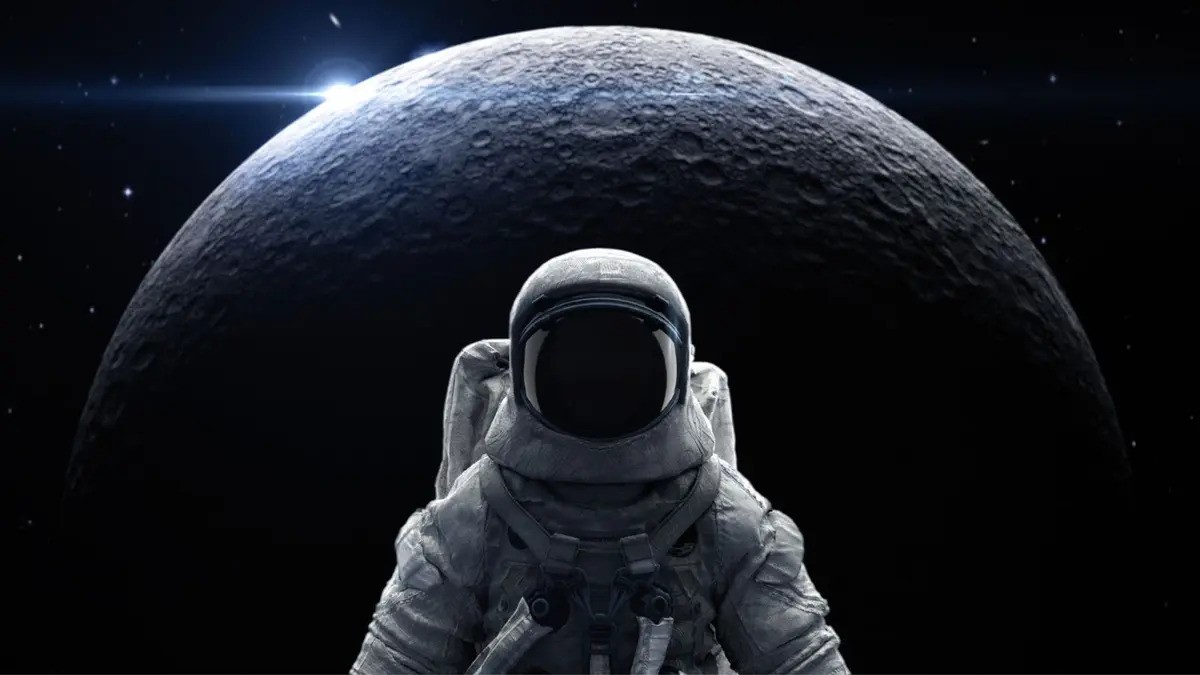Scientists have investigated how weightlessness affects gene expression in the human body. This process determines the formation of various proteins and hormones in our bodies and determines how we feel. However, the study was conducted on Earth, so its results cannot be relied upon in space.

Gene expression and weightlessness
Gene expression is the phenomenon of reading them from DNA and synthesizing, based on the information received, those proteins that these parts of the molecule encode. It occurs in the human body all the time, but during the day various processes occur at different speeds and this affects our behavior.
Recently, scientists from the University of Surrey in England decided to test how prolonged stay in zero gravity affects gene expression. It has been known for a long time that space conditions lead to strong changes in the human body. But exactly how they affect the biochemical basis of the daily cycle has only become known.
What did the researchers do?
The authors call their research revolutionary. Although in fact it was not conducted in space at all, or even on astronauts. The experiment took place on Earth. 20 volunteers were in bed around the clock. The angle of inclination of their heads to the surface of the Earth was constantly 6°.
All this was done to simulate weightlessness. Scientists were constantly monitoring the level of gene expression and the state of health of the subjects. The experiment lasted 90 days. At first, the subjects were in normal conditions for two weeks to determine which processes in their body were normal.
Then there was the 60-day second phase, in which they were, in fact, constantly lying down. Two days of recovery completed all this to see if the processes were being settled.
Controversial results of the experiment
In general, the study shows that 91 percent of the daily rhythms of gene expression change in the human body during weightlessness. This does not mean that the body begins to break down, but it indicates that the effect on it is really great. At the same time, 76 percent of the changes remained even after 10 days of recovery.
In general, it can be concluded from the study that the resettlement of people into space will be accompanied by great problems. However, it is quite possible that this is not the case. Because, in fact, the experiment simulated not so much weightlessness as inactivity. The fact that it strongly and negatively affects the circadian rhythms has been known for a long time. So it may be different in space.
According to interestingengineering.com
Follow us on Twitter to get the most interesting space news in time
https://twitter.comne/ust_magazine


